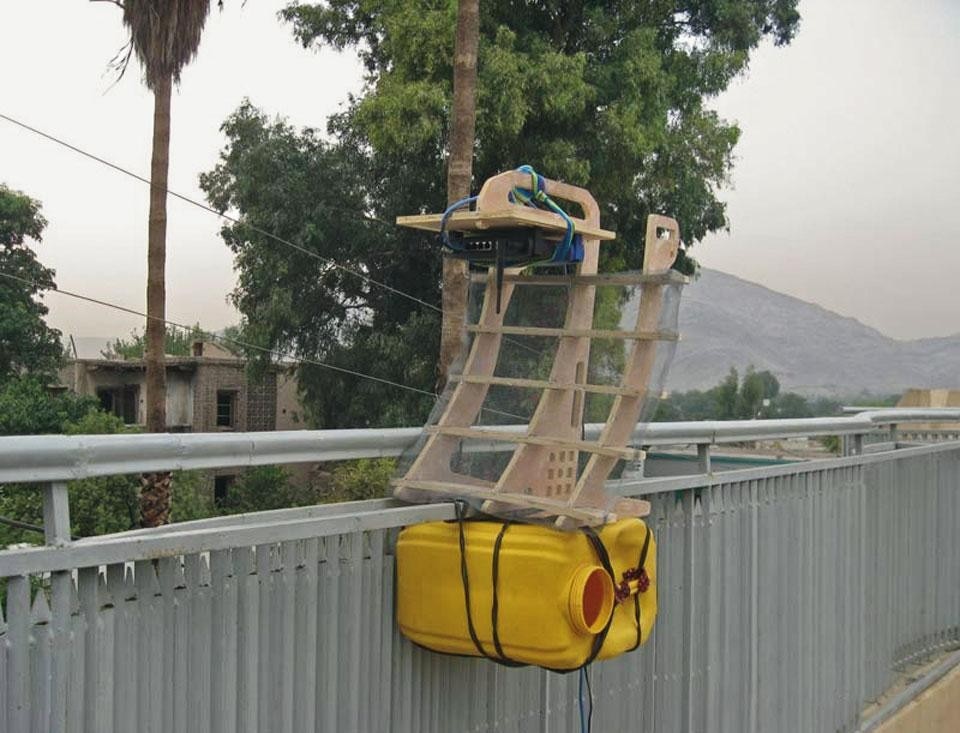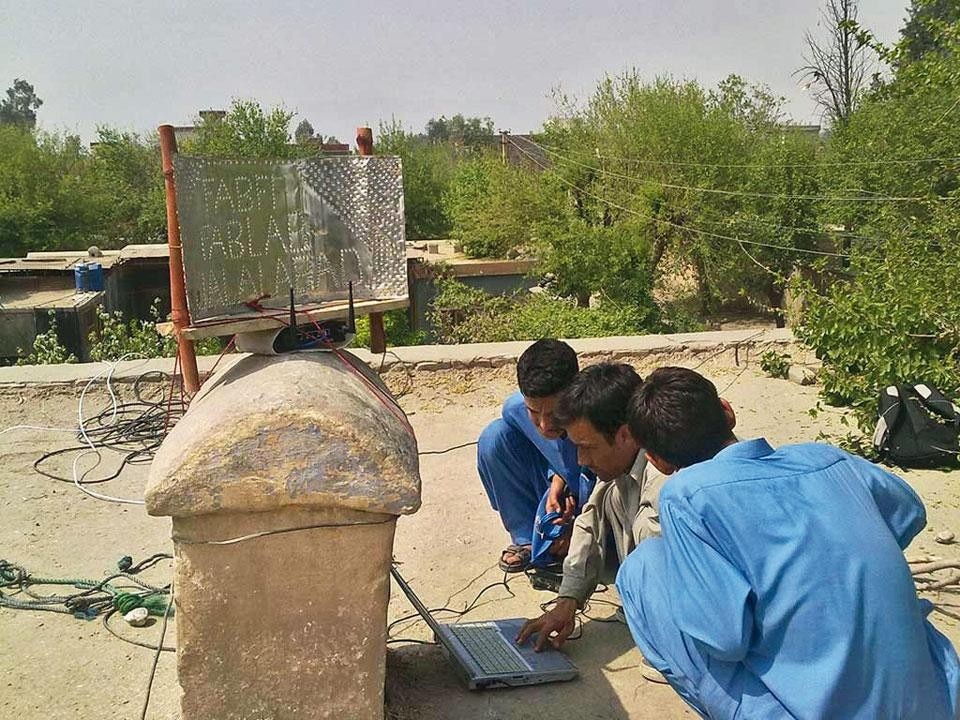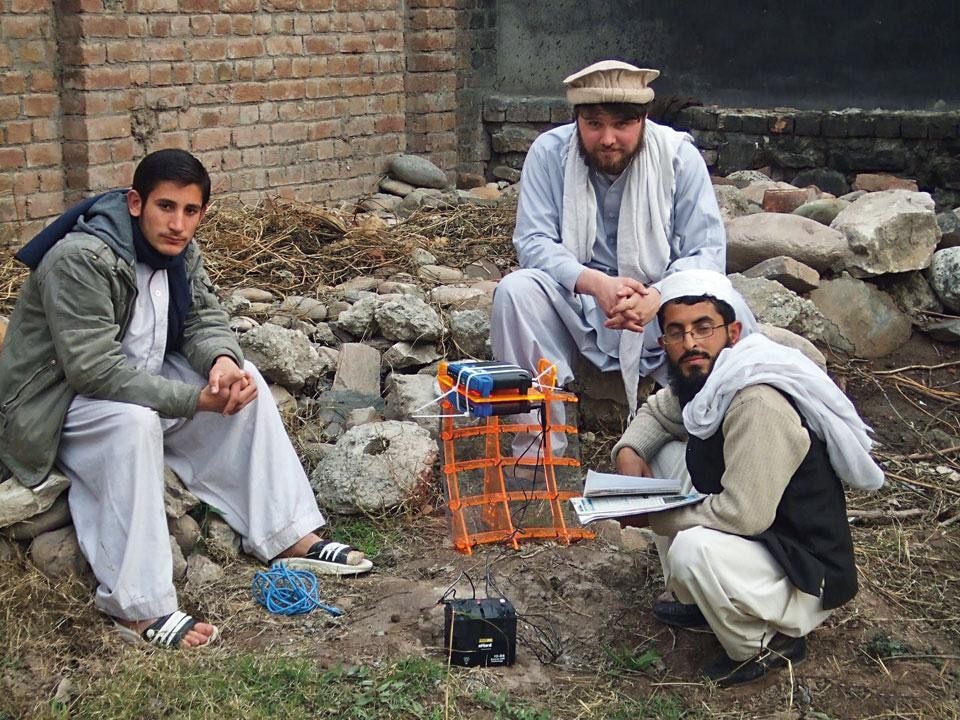Back in 2000, hackers around the world started using tubes of Pringles potato chips (at least, those parts of the world that had access to Pringles, thanks to large multinationals) to make waveguide antennas ("cantennas") that pick up parts of the electromagnetic spectrum which are outside the control of private license or government regulations. In other words, they exploited Pringles-tube antennas to provide an alternative means of access to the Internet. As one example of its potential, a few years ago "computer pirates" employed this method in São Paulo, Brazil, to wipe their colleagues' personal details from police archives after they had been arrested for poking their noses into computer data that did not concern them.
This is just one of many examples of DIY Internet access, and such underground experimentation is attracting increasing attention from politicians and high science. The National Science Foundation (NSF) is one institution that has shown particular interest in the potential of developing informal means of access to the Web. A federal agency of the US Congress, the NSF funds 20 percent of the scientific research conducted in American colleges and universities. Since it was formed in the 1950s, its mission has been to preserve the United States' leadership in scientific progress by backing pioneers who might discover new frontiers of knowledge.
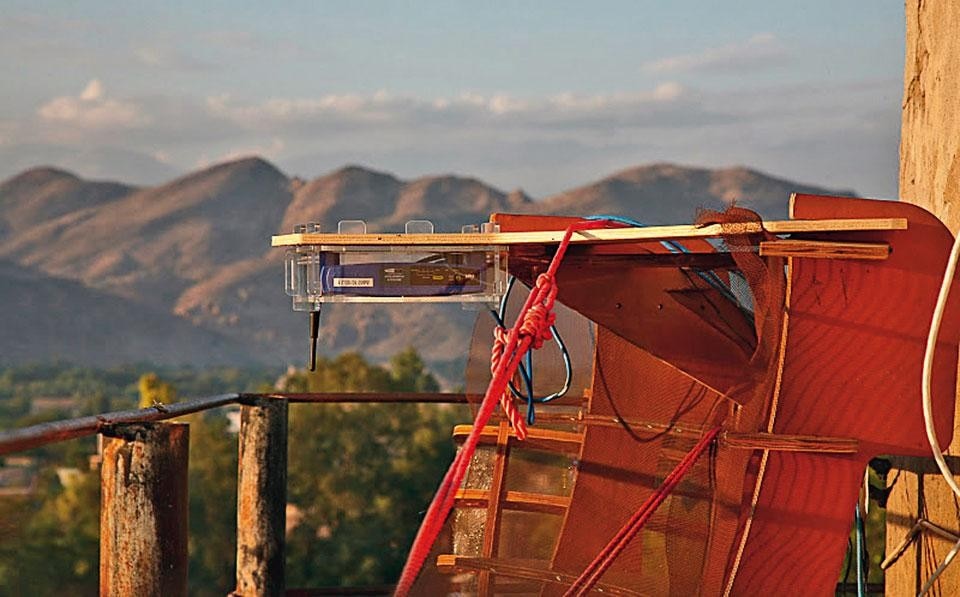
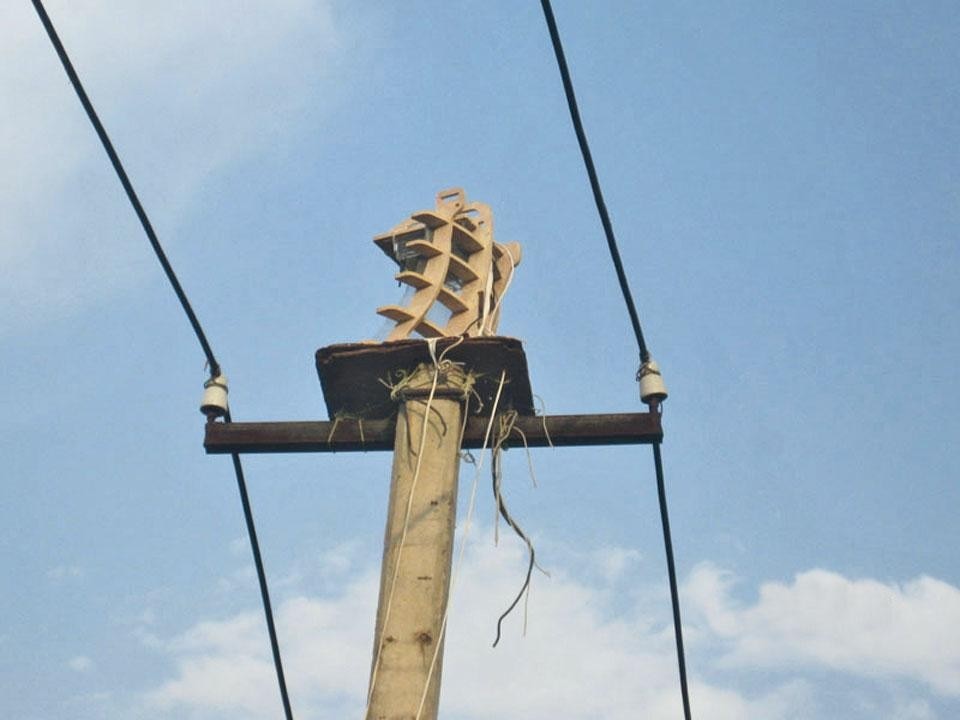
The idea behind FabLab is to develop low-cost communication tools from locally sourced materials and provide an alternative Internet-access system to communities that are politically or geographically isolated.
